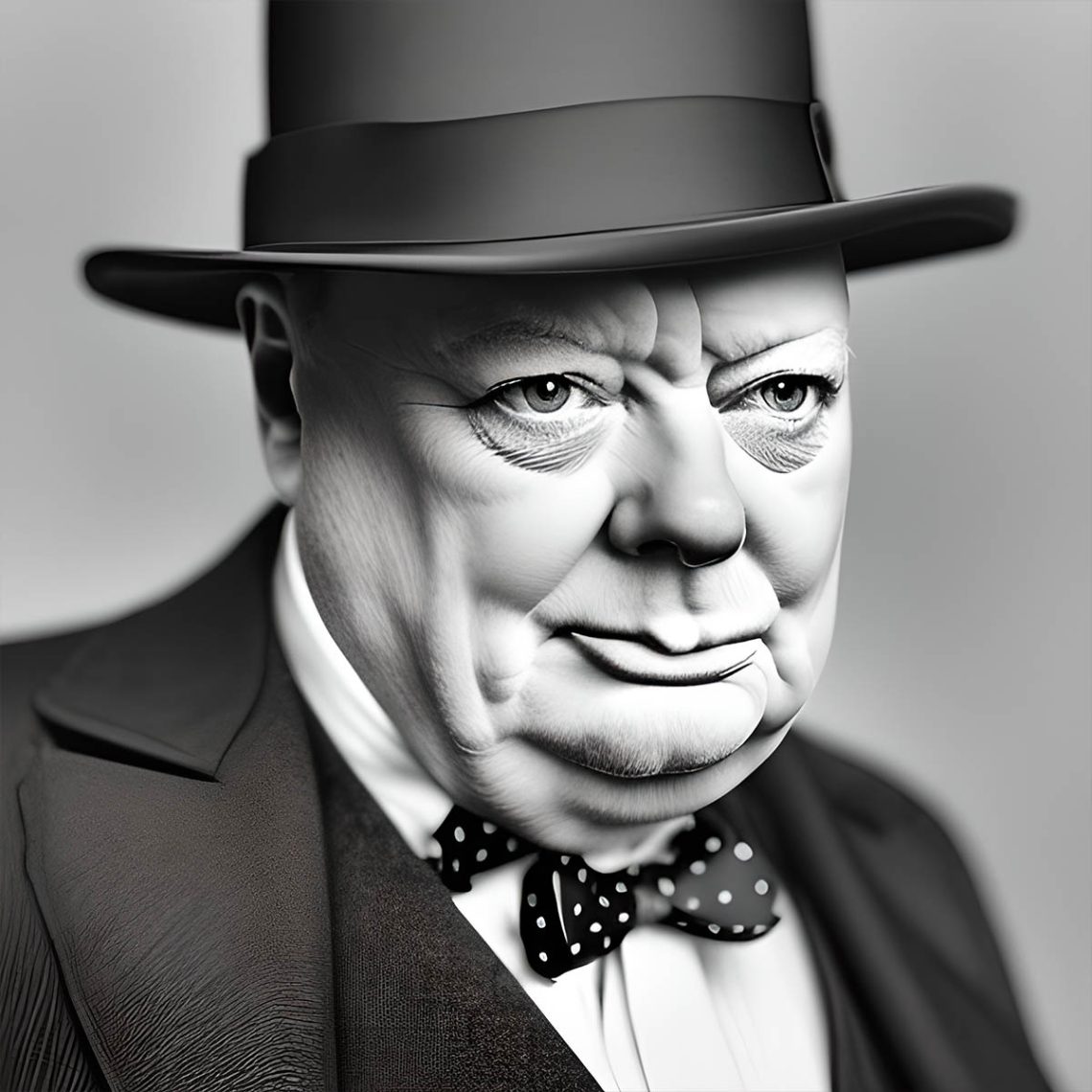Winston Churchill: The Life, Achievements, and Legacy of a British Statesman
Winston Churchill was a British statesman, writer, and orator who served as the Prime Minister of the United Kingdom from 1940 to 1945, and again from 1951 to 1955. Churchill was known for his leadership during World War II, as well as his contribution to the welfare state and international relations. In this article, we will explore the life, achievements, and legacy of Winston Churchill.
Early Life and Education of Winston Churchill
Winston Churchill was born on November 30, 1874, in Blenheim Palace, Oxfordshire, England, into an aristocratic family. He was the son of Lord Randolph Churchill, a prominent politician, and Jennie Jerome, an American socialite. Churchill received his education at Harrow School and later attended the Royal Military College in Sandhurst. He was commissioned into the British Army in 1895, and saw military action in India, Sudan, and South Africa.
Early Political Career and Literary Pursuits
Churchill began his political career as a member of the Conservative Party and was elected to Parliament in 1900. He held a number of ministerial posts in the early 1900s, including President of the Board of Trade and Home Secretary. In 1904, he joined the Liberal Party and was appointed Under-Secretary of State for the Colonies. Churchill was a prolific writer and journalist, and his literary works include several books, articles, and speeches.
World War I and Interwar Period
During World War I, Churchill served as the First Lord of the Admiralty and was responsible for the British Navy. He was widely criticized for his role in the Gallipoli Campaign, which was a failed attempt to capture Constantinople from the Ottoman Empire. Churchill resigned from his post in 1915 and joined the British Army, serving on the Western Front. In the interwar period, Churchill returned to Parliament as a member of the Conservative Party and held various ministerial posts.
World War II and Leadership
In 1940, Churchill was appointed Prime Minister of the United Kingdom, following the resignation of Neville Chamberlain. Churchill’s leadership during World War II is widely regarded as his greatest achievement. He rallied the British people with his speeches, and his wartime partnership with US President Franklin D. Roosevelt helped to secure victory against Germany. Churchill was also instrumental in the establishment of the United Nations after the war.
Post-War Career and Legacy
Churchill remained Prime Minister until 1945, when he was defeated in the general election. He returned to power in 1951, but resigned in 1955 due to health issues. Churchill’s post-war achievements include the introduction of the National Health Service and the Welfare State, as well as his role in the Cold War and the establishment of NATO. Churchill died on January 24, 1965, and was given a state funeral.
Conclusion
Winston Churchill was a remarkable figure in British history, known for his leadership during World War II, his contributions to the welfare state, and his international relations. His legacy lives on through his writings, speeches, and the institutions he helped to establish. Churchill’s life is a testament to the power of leadership, determination, and courage.
Check out our selection of products inspired by the iconic British leader.

